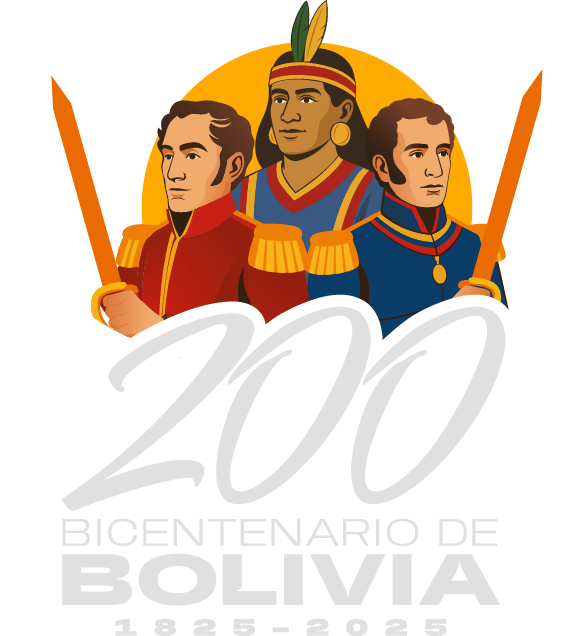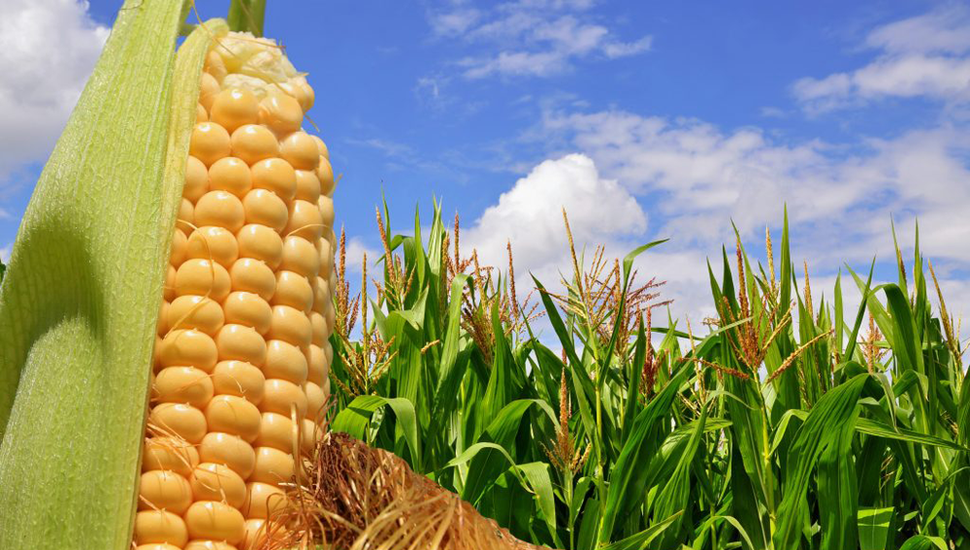Caracas, July 12, 2023. Members of the Batalla de Mucuritas Commune, in Achaguas municipality of Apure state, started a work to preserve, multiply and exchange native corn seeds with the farming families of this plains region.
According to Inris Padron, a spokesman for the Batalla de Mucuritas Commune, it is necessary to promote the rescue of native seeds, 100% Venezuelan, since it contributes to the survival of grains of high genetic quality and immune to various diseases.
“Our goal is to boost the nation’s food security without dependence. That has to do with seeds. It is the beginning of everything. Our commune has great agricultural potential because our territory has the blessing of fertile land and abundant water. To keep what is ours, we proposed multiplying the autochthonous seed of yellow corn and white corn, and we exchange it with other organized communities to promote sovereignty, the recovery of what is ours,” he said.
In this sense, Padron declared that this commune on the plains has more than 200 hectares planted with corn, from which they are already harvesting maize for the traditional elaboration of “cachapas.”
“We are in the first planting cycle, which is the rainy cycle. The harvest would be in December when we harvest the dry corn. Part of this production will go to the corn processing plant in Achaguas. Another part distributes in the commune for communal supplies and barter. We have become aware of this. We are conducting multiple informative workshops in the 16 communal councils of the commune to emphasize the care of mother earth. Our goal is to work in harmony with nature since it is our home and provides us with food, and what do you do with the one that gives you food: you take care of it, you love it”, he said.
Similarly, Padron explained that the Comuna Batalla de Mucuritas has 200 agricultural producers, so they produce cheese, meat products, and by-products.
“Our culture has to do directly with agriculture and livestock. It is the work of our grandparents, parents, and siblings. It is inherited from generation to generation. Being a “llanero” has to do with planting and raising animals. It is our identity. The countryside is sowing and raising animals, and we are the countryside. In our commune, we cattle producers exchange a cow with an agricultural producer for corn or beans. The commune is a space of solidarity and common good,” he emphasized.



